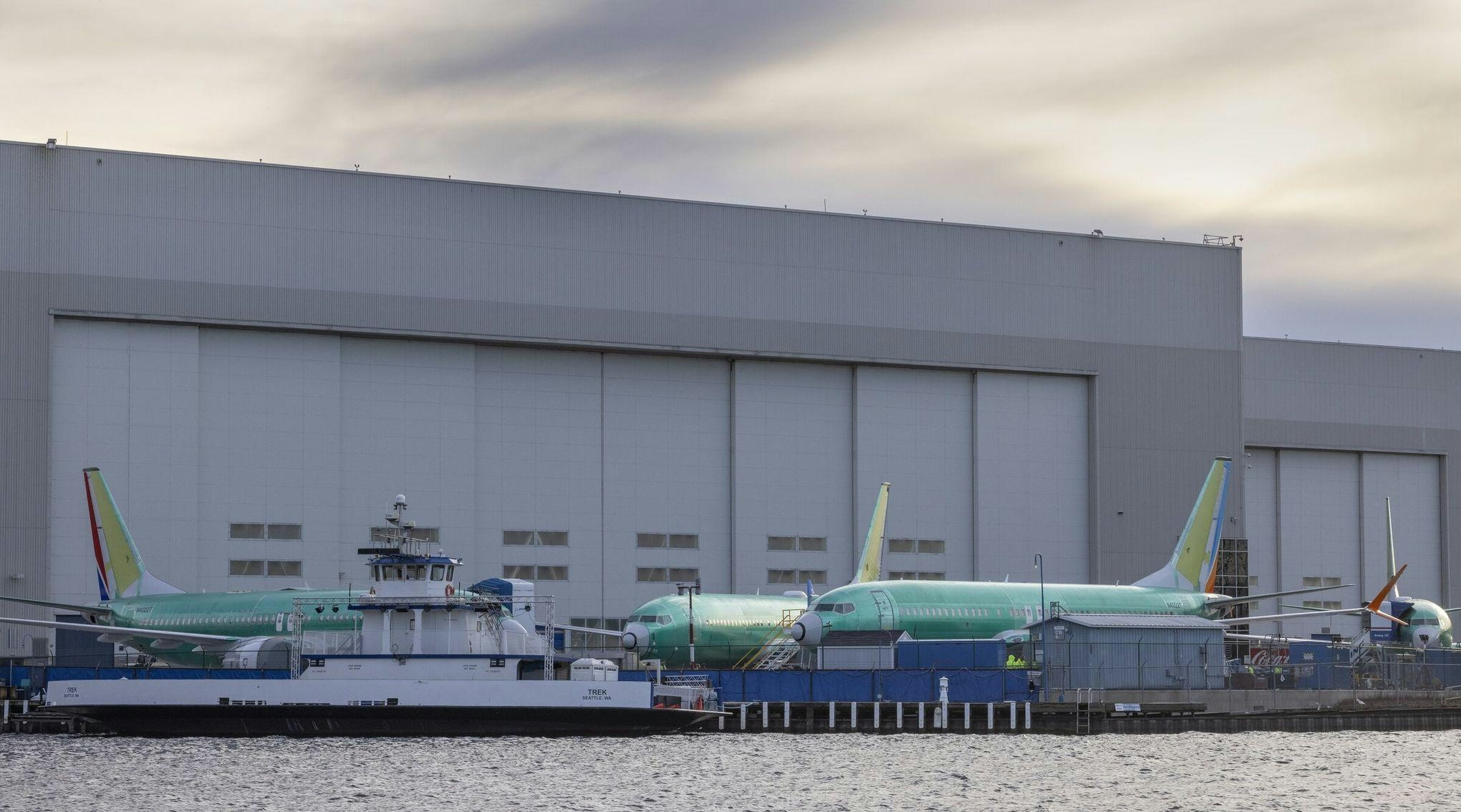AeroGenie — Your Intelligent Copilot.
Trending
Categories
Boeing and Airbus Customers Cite Delays in Plane Deliveries

Boeing and Airbus Customers Cite Delays in Plane Deliveries
Major airlines are increasingly expressing concern over significant delays in aircraft certification and deliveries from both Boeing and Airbus. These disruptions have created substantial backlogs, complicating expansion plans and fleet modernization efforts across the global aviation industry.
Certification and Delivery Challenges
Air France-KLM CEO Ben Smith emphasized the severity of the delays, particularly among European carriers, noting that every supplier is behind schedule with little sign of improvement since the onset of the pandemic. Speaking at an Airlines 4 Europe online press conference, Smith revealed that some long-haul aircraft have been awaiting certification for seven to eight years—an unprecedented duration. He further cautioned that expectations for short-term progress remain low.
The delays are not confined to a single manufacturer. Both Boeing and Airbus face mounting pressure as airlines strive to modernize their fleets and meet ambitious decarbonization targets. External factors have exacerbated the situation, including the recent U.S. government shutdown, which halted aircraft inspections and delayed regulatory approvals. Lufthansa CEO Carsten Spohr highlighted the impact of the shutdown on the certification of a new seat type for its Boeing 787s, which disrupted flight connections with American partners.
Deutsche Lufthansa AG and IAG SA, the parent company of British Airways, continue to await delivery of Boeing’s 777X, now six years behind schedule. These persistent delays have raised concerns about Boeing’s ability to maintain its market share amid shifting customer preferences and competitive responses.
Market Dynamics and Competitive Positioning
In contrast, Airbus appears to be capitalizing on Boeing’s production challenges. The European manufacturer recently surpassed Boeing’s 737 in deliveries, underscoring its production efficiency and strengthening its competitive position. This milestone could further consolidate Airbus’s market dominance if Boeing’s difficulties persist.
Despite these setbacks, some optimism remains in the short-haul aircraft segment. Ryanair CEO Michael O’Leary acknowledged Boeing’s “significant progress” in ramping up production of the 737 Max, although delivery delays continue to affect the market.
Market sentiment has reflected these challenges. Retail sentiment on Boeing shifted from ‘bullish’ to ‘neutral’ as of October 14, 2025, with shares declining nearly 1% in premarket trading, according to Stocktwits data. Nevertheless, Boeing shares have gained more than 41% over the past 12 months.
Boeing’s Defense Contracts and Future Outlook
In a separate development, Boeing announced it has secured multiyear contracts valued at approximately $2.7 billion to produce over 3,000 Patriot Advanced Capability‑3 (PAC‑3) seekers through 2030. The company is collaborating with Lockheed Martin and the U.S. Army to increase production rates and meet new targets for the PAC-3 interceptor.
As airlines continue to navigate these delivery challenges, the competitive landscape between Boeing and Airbus is expected to intensify. Production efficiency and reliability will likely emerge as critical factors shaping the future dynamics of the commercial aviation market.

Capital A Completes Sale of Aviation Business to AirAsia X

Four Gateway Towns to Lake Clark National Park

PRM Assist Secures €500,000 in Funding

Should Travelers Pay More for Human Support When Plans Go Wrong?

InterGlobe Aviation Shares Rise 4.3% Following January Portfolio Rebalancing

Key Market Segments Shaping Airline Route Profitability Software

Locatory.com Gains Traction Among Aviation MROs and Suppliers

JetBlue Flight Makes Emergency Landing Following Engine Failure

58 Pilots Graduate from Ethiopian University

The Engine Behind Boeing’s Latest Widebody Aircraft
